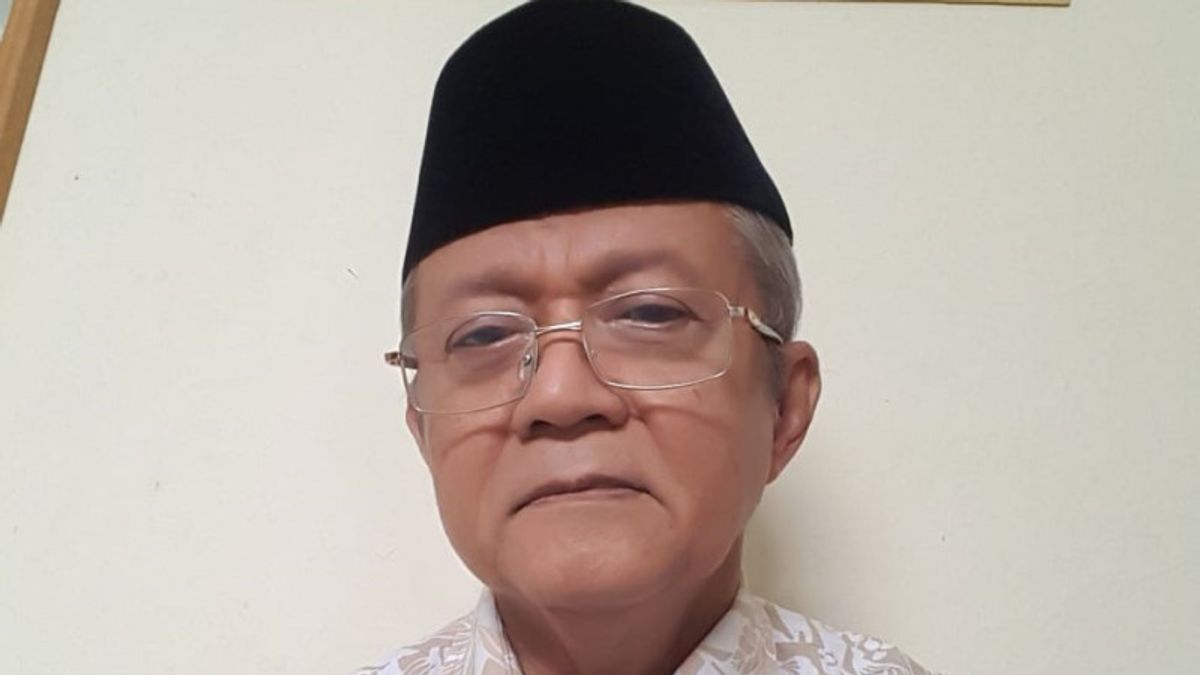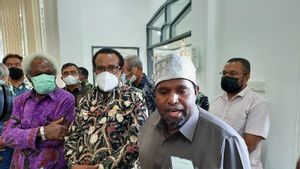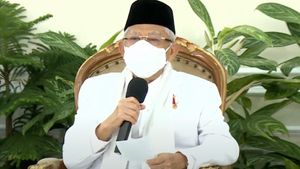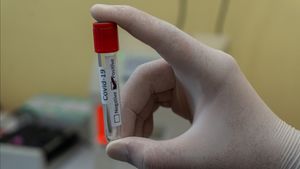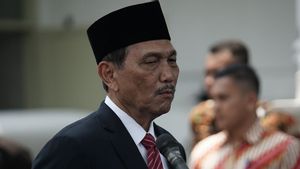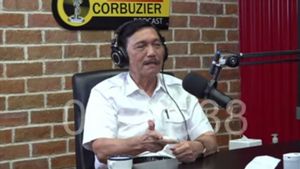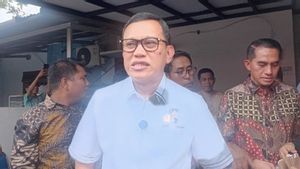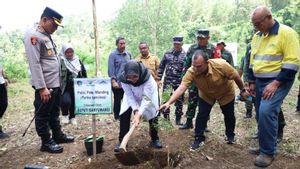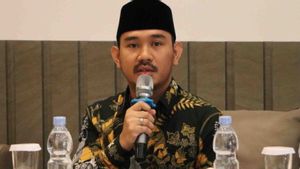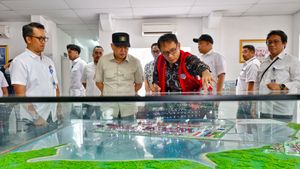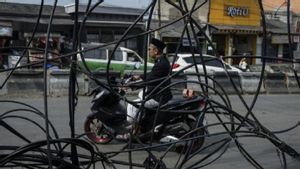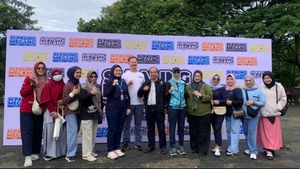JAKARTA - The Indonesian Ulema Council (MUI) has asked the government to fulfill the basic needs of the community, especially the underprivileged and directly affected by the Emergency PPKM policy.
"Those whose daily lives are very dependent on daily income, where if that day he does not work then he and his wife and children may not eat," said Deputy Chairperson of MUI Anwar Abbas when contacted in Jakarta, quoted by Antara, Monday, July 12.
Anwar supports all government decisions in order to reduce cases of COVID-19 transmission in the community through the Emergency PPKM policy.
If this step is taken seriously by both the government and the community, he is sure that the transmission rate can be handled.
SEE ALSO:
However, he sees that there is a dilemmatic side and inevitably it must be done in implementing this policy. On the one hand, if the community is willing to comply with the Emergency PPKM regulations by reducing mobility, the transmission and death rates can be reduced.
On the other hand, when people restrict movement and self-isolate, the welfare of those in the lower layers will obviously decline. Moreover, their daily life is very dependent on daily income.
Therefore, he asked the government to fulfill the basic needs of lower-class people who voluntarily isolate themselves in order to achieve the goals of Emergency PPKM.
"Then what should the state or government do to overcome this? Yes, the government must and must help them. This is in accordance with the constitutional mandate where the duty of the state or government apart from protecting the people must also be able to prosper them," he said.
Therefore, he said, in terms of implementing the Emergency PPKM, the government is not enough just to issue policies, but must be able to prepare funds to help the economy of the people whose economies have been hit hard.
"If this is not done, the implication is of course not simple, because the government can be considered to have violated the mandate of the constitution," he said.
The English, Chinese, Japanese, Arabic, and French versions are automatically generated by the AI. So there may still be inaccuracies in translating, please always see Indonesian as our main language. (system supported by DigitalSiber.id)
